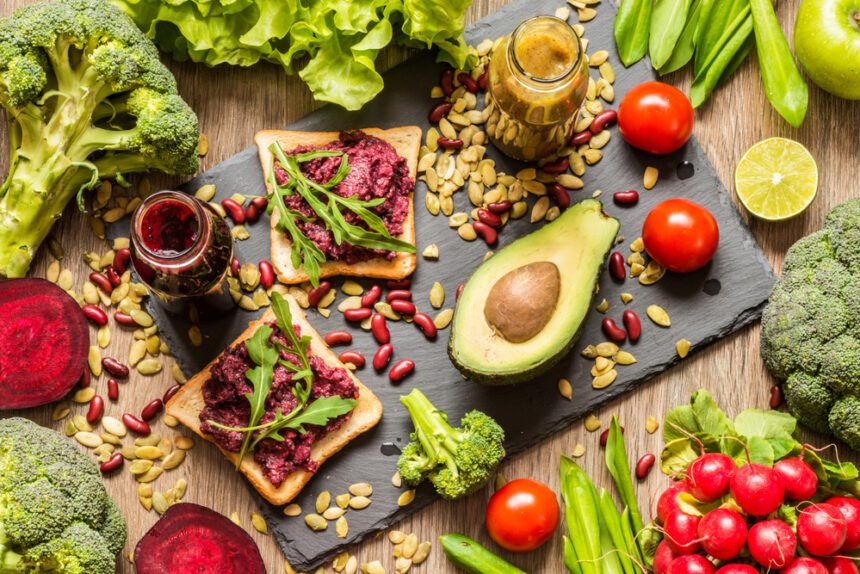Whenever it comes to dietary lifestyles, individuals must learn how to stay healthy while they stick with their choices. Many people adopt vegan lifestyles to avoid eating animal products, but they risk falling short of many vital nutrients their bodies need. Here are 10 keys to vegan wellness that will help you achieve optimal health goals. Vegan diets can provide many benefits, depending on the person. These tips will create a dietary balance most people need to feel their best.
1. Include Extra Iron
Iron is essential for helping blood carry oxygen to all the different parts of the body. People usually find it in meat, but because vegans don’t eat animal products, sometimes they don’t get as much iron as they need. Other foods, like beans, broccoli and raisins, all provide small amounts of iron that are good for eating throughout the day. Vegans may also want to eat foods like oranges so they get more vitamin C, which helps absorb and digest iron.
2. Remember the Calcium
Milk is another household food that vegans avoid because it comes from cows. It’s a common belief that kids need calcium more than adults, but that’s not true. No matter what age someone is, they require daily calcium supplements to stay healthy as they get older. Some vegans might make an exception for milk, but others regard it as an unsustainable food, which is another reason to keep it off any vegan grocery list. Instead, people can find calcium in leafy greens like kale and soybeans, or alternate drinks such as soymilk.
3. Incorporate More Protein
Protein is another meat-based nutrient anyone can find in nonanimal-based foods. Beans, peanut butter and products such as tofu are all versatile and considered complete proteins. That means they have every amino acid someone could need, all without coming from or harming animals.
4. Supplement Vitamin D
Vitamin D helps the body use calcium from other foods. Vegans should get this nutrient from either sunlight or food that’s been fortified.
5. Emphasize Importance of Zinc
It’s easy for people to forget how vital zinc is. Without it, the immune system would weaken considerably. While it’s in nuts, beans and soy products, it’s also available as a supplement.
6. Add Extra B12
B12 is crucial for the process of multiplying red blood cells, which prevents anemia. Non-vegans get it through seafood and dairy products, but those aren’t the only solutions. Fortified nutritional yeast is a common cheese substitute that people stock as a pantry staple because it contains B12.
7. Encourage Omega-3 Intake
Vegans may sometimes feel like they have brain fog, which comes from a lack of omega-3 fatty acids. People use flaxseed oil and meal in many vegan recipes, as well as other products labeled as having extra fatty acids.
8. Teach About Lycopene
Lycopene isn’t a household term, but it should be in every kitchen. It’s a natural antioxidant that will reduce oxidative stress effects like diabetes, heart disease and cancer. Anyone can enjoy more of it by buying foods like tomatoes, pink grapefruit or watermelon.
9. Point Out Vitamin A
People need vitamin A on any diet because it regulates the immune system, as well as vision and reproduction. Sweet potatoes, carrots and butternut squash are available in stores year-round, so everyone can enjoy more of this essential nutrient.
10. Include Extra Fiber
Whole grains give the body healthy carbs for extra energy, but they also provide fiber. Fiber regulates the digestive system and balances blood sugar levels as people adjust to and enjoy vegan diets. Quinoa, barley, rice and added-fiber pasta are all ways vegans can switch up their intake.
Give People Time
It takes time for people to adjust to monitoring their daily nutrients when they become vegans. With patience, time and practice, anyone can remember these 10 keys to vegan wellness and thrive on their new dietary lifestyle.

